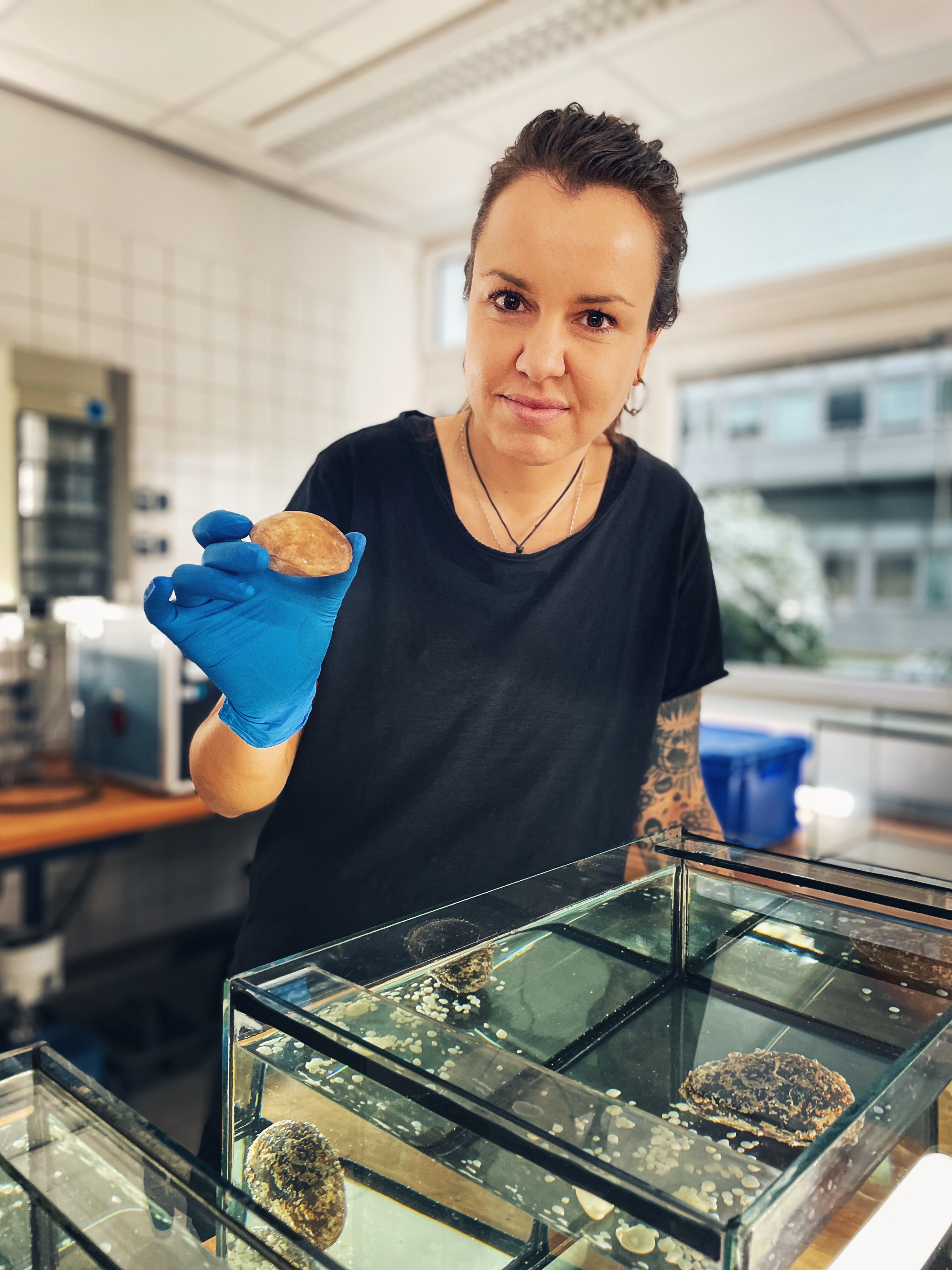"This was the death sentence for many organisms" Dr Hana Jurikova states in ZDF documentary
A new ZDF documentary featuring SEES's Dr Hana Jurikova explores natural catastrophes through Earth's history. In episode 3, Dr Hana Jurikova discusses her PhD research from GEOMAR (Kiel) which uncovered why nearly all marine life perished during Earth's largest mass extinction. By examining the chemical composition of fossil brachiopod shells from the time before and after the mass extinction, Dr Hana Jurikova found out: "The pH of the ocean dropped from a value of approximately 8 to a value of 7.5 within a short period of time in geological history due to enormous release of carbon dioxide from volcanism. This was the death sentence for many organisms". Hana is still exploring changes in Earth's global climate, such as how and why super-greenhouse climate states have occurred in Earth's geological past by combining novel geochemical and modelling approaches supported by her Leverhulme Early Career Fellowship.
The five-part documentary series Catastrophes in Earth's History tells the story of our planet based on the catastrophes that shaped it: from its explosive origin and the dawn of life through the Big Five mass extinctions to the emergence of humans.Without these major catastrophes, life as we know it today would not exist. The documentary is available from Germany at: https://www.zdf.de/dokumentation/zdfinfo-doku/katastrophen-der-erdgeschichte-erstes-leben-100.html
 Photo caption: "Dr Hana Jurikova displays a brachiopod specimen. Photo © Stefan Göppert, ZDF"
Photo caption: "Dr Hana Jurikova displays a brachiopod specimen. Photo © Stefan Göppert, ZDF"